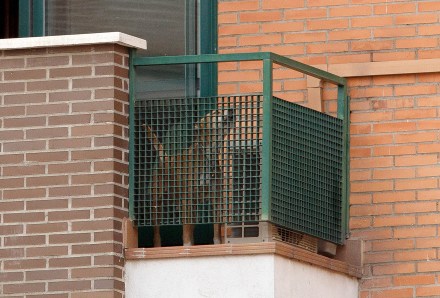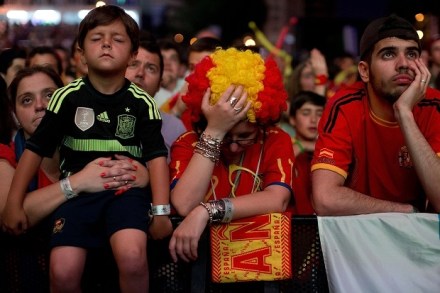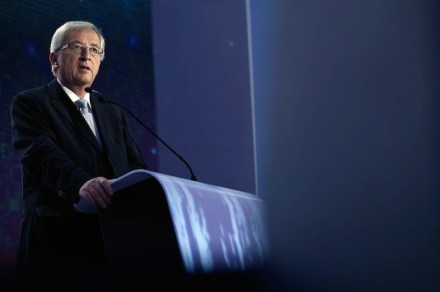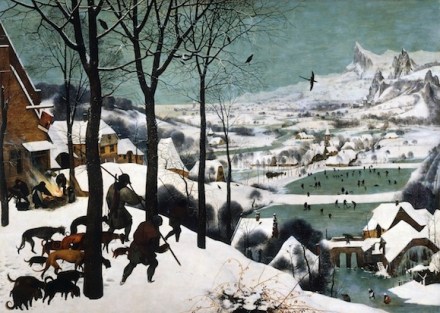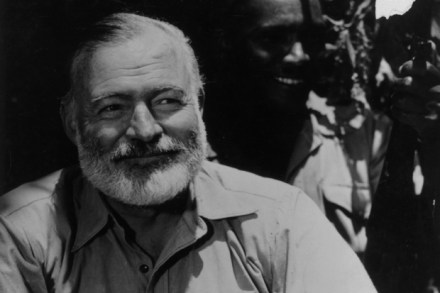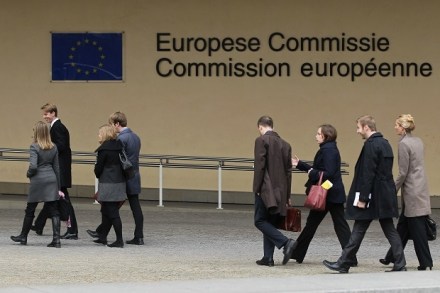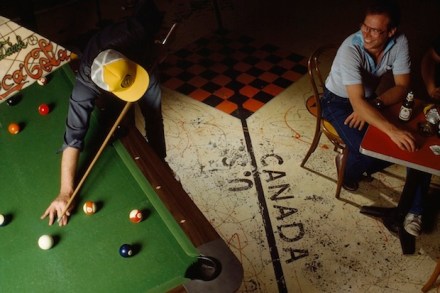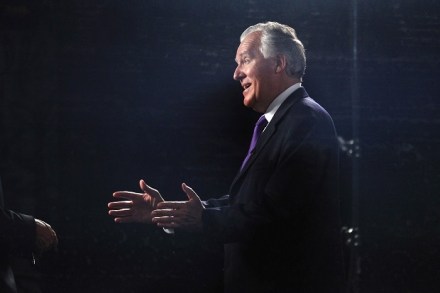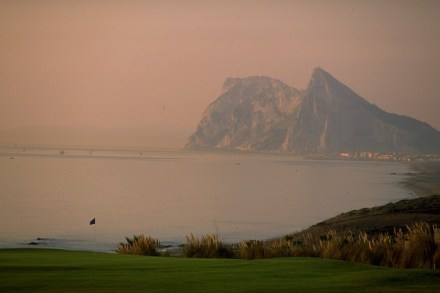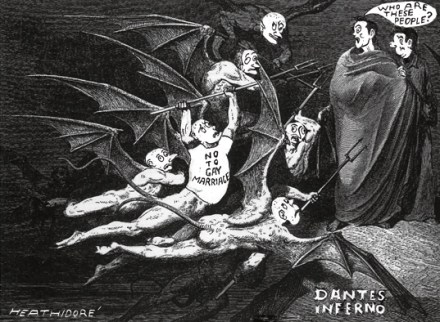One dog down, in Spain’s Ebola panic
[UPDATE: The dog is now dead, WSJ reports.] For anyone concerned about Spain’s ability to contain Ebola, after a Spanish nurse’s aide tested positive for the virus, fear not: Madrid’s regional government plans to euthanize the infected woman’s pet dog in the interest of combatting contagion. The dog, a 12-year-old mutt named Excalibur, shows no sign of infection, and it’s unclear whether the disease even can be transmitted from dogs to humans. A 2005 report from the U.S. Centers for Disease Control and Prevention notes that ‘dogs might be asymptomatically infected by Ebola virus,’ and that during Gabon’s 2001-02 outbreak, ‘several dogs were highly exposed to Ebola virus by eating infected dead animals.’ ‘We cannot
